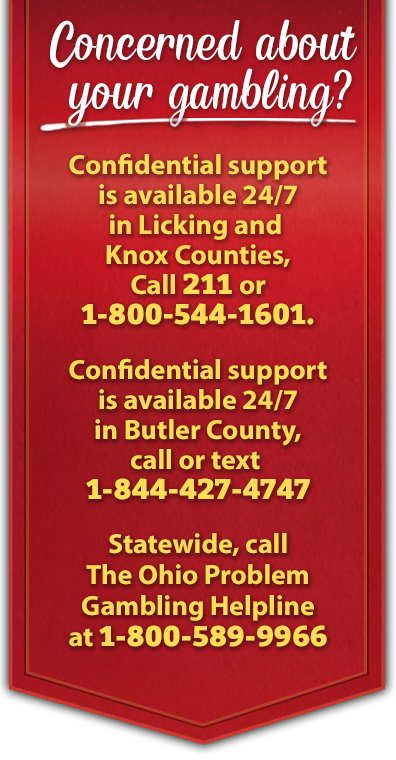Warning signs and how to get help
Whether you bet on sports, scratch cards, roulette, poker, or slots—in a casino or online—proble m gambling can strain relationships, interfere with work, and lead to financial catastrophe. You may even do things you never thought you would, like stealing money to gamble or pay your debts. You may think you can’t stop but, with the right help, you can overcome a gambling problem or addiction and regain control of your life. The first step is recognizing and acknowledging the problem.
m gambling can strain relationships, interfere with work, and lead to financial catastrophe. You may even do things you never thought you would, like stealing money to gamble or pay your debts. You may think you can’t stop but, with the right help, you can overcome a gambling problem or addiction and regain control of your life. The first step is recognizing and acknowledging the problem.
Understanding gambling addiction and problem gambling
Gambling addiction, also known as compulsive gambling, is a type of impulse-control disorder. Compulsive gamblers can’t control the impulse to gamble, even when they know their gambling is hurting themselves or their loved ones. Gambling is all they can think about and all they want to do, no matter the consequences. Compulsive gamblers keep gambling whether they’re up or down, broke or flush, happy or depressed. Even when they know the odds are against them, even when they can’t afford to lose, people with a gambling addiction can’t “stay off the bet.”
Gamblers can have a problem, however, without being totally out of control. Problem gambling is any gambling behavior that disrupts your life. If you’re preoccupied with gambling, spending more and more time and money on it, chasing losses, or gambling despite serious consequences, you have a gambling problem.
Authors: Jeanne Segal, Ph.D., Melinda Smith, M.A., and Lawrence Robinson. Last updated: July 2013.




